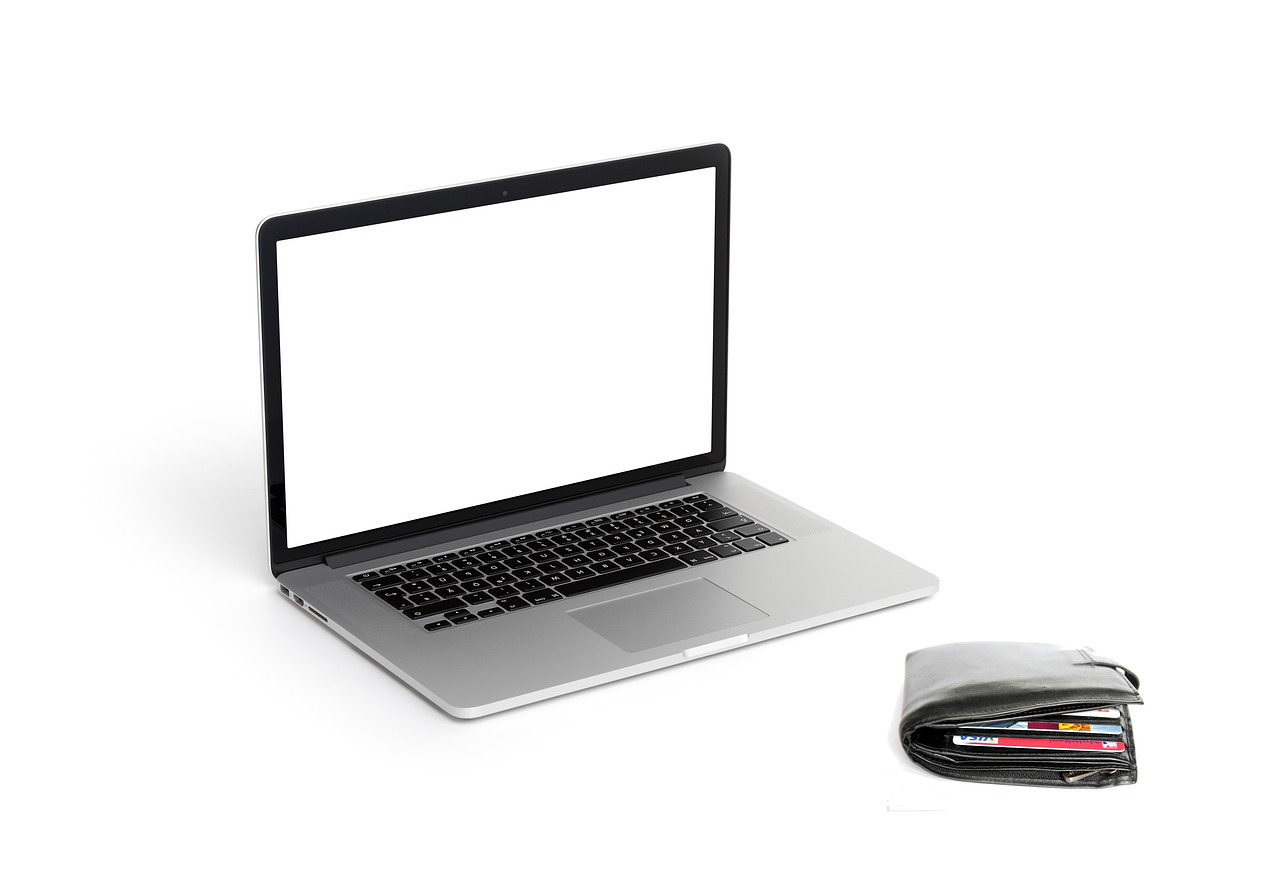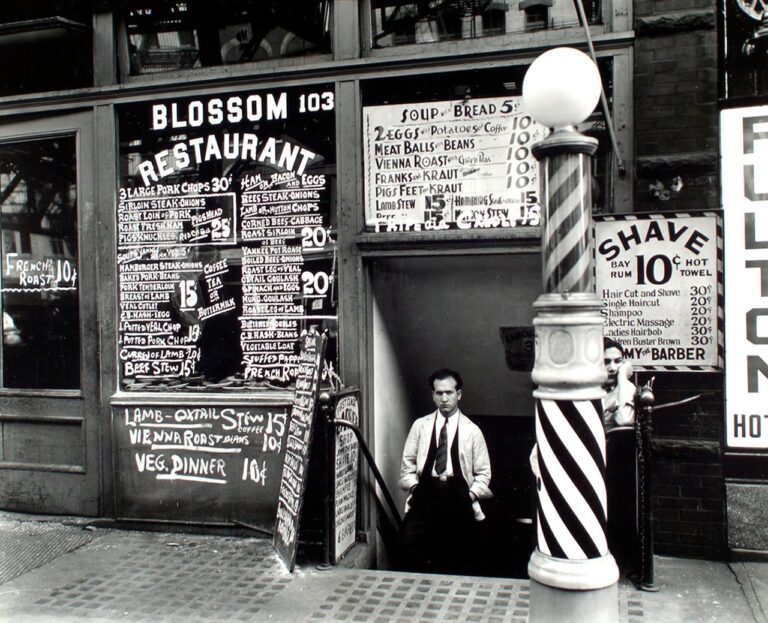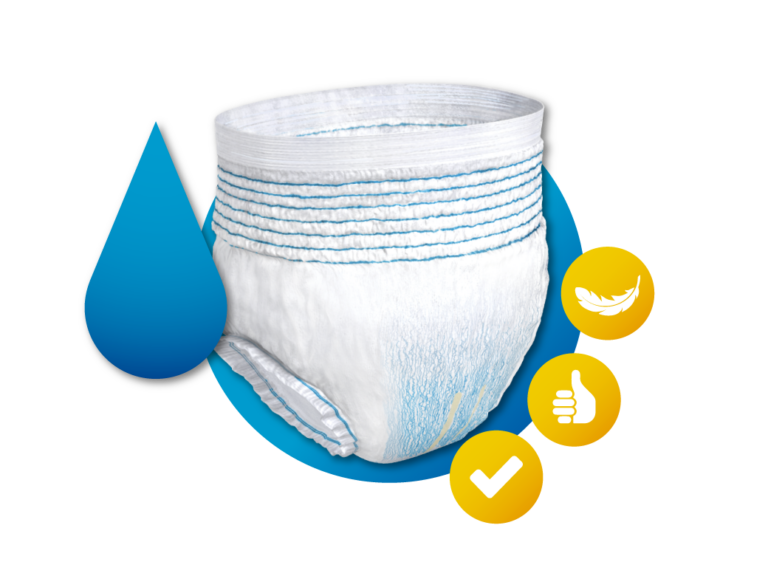Leveraging Blockchain Technology for Product Authentication in Luxury Retail
Blockchain technology has emerged as a robust solution for enhancing product authentication in various industries. By leveraging its decentralized and immutable ledger system, blockchain ensures transparency and traceability throughout the supply chain process. Through the use of cryptographic hashes, each product can be uniquely identified and verified at every stage, providing a secure and reliable method for authentication.
The integration of blockchain technology not only helps to combat counterfeiting and fraud but also instills trust among consumers. With real-time access to provenance data, customers can confidently verify the authenticity of products, thereby reducing the risk of purchasing counterfeit goods. Additionally, blockchain facilitates seamless collaboration between stakeholders, enabling swift and accurate verification processes that strengthen the overall integrity of the market ecosystem.
Benefits of Using Blockchain in Luxury Retail
Blockchain technology offers numerous benefits for luxury retail brands looking to enhance product authentication processes. By leveraging blockchain, these brands can establish a secure and immutable record of product provenance. This transparency enables consumers to verify the authenticity of luxury items, instilling trust and confidence in the brand. Moreover, blockchain’s decentralized nature minimizes the risk of counterfeit products entering the market, safeguarding the reputation of luxury retailers.
In addition to enhancing product authentication, blockchain technology can streamline supply chain management in the luxury retail sector. Through the use of smart contracts, brands can automate various aspects of the supply chain, such as inventory tracking and authentication checks. This automation not only improves efficiency but also reduces the likelihood of human error, ensuring that luxury products maintain their prestige and value. Overall, the integration of blockchain technology in luxury retail can revolutionize the industry by promoting transparency, authenticity, and efficiency.
Challenges in Implementing Blockchain for Product Authentication
One of the primary obstacles faced in implementing blockchain for product authentication is the lack of uniformity in regulations and standards across different industries and regions. This disparity makes it challenging to establish a cohesive framework that can be universally adopted. Additionally, the complexities involved in integrating blockchain technology with existing systems pose a significant hurdle for organizations looking to authenticate products effectively.
Another key challenge in the implementation of blockchain for product authentication is the issue of scalability. As the volume of transactions increases, so does the demand on the blockchain network, leading to potential bottlenecks and slower processing times. Ensuring that the network can handle large-scale authentication requests while maintaining efficiency is a critical concern for companies aiming to leverage blockchain technology in their authentication processes.
What role does blockchain technology play in product authentication?
Blockchain technology provides a secure and transparent way to track the provenance of a product from its origin to the final consumer, ensuring authenticity and quality.
What are the benefits of using blockchain in luxury retail?
Using blockchain in luxury retail can help in combating counterfeiting, enhancing brand trust, providing transparency to consumers, and enabling traceability of products throughout the supply chain.
What are some challenges in implementing blockchain for product authentication?
Some challenges in implementing blockchain for product authentication include scalability issues, interoperability with existing systems, regulatory compliance, data privacy concerns, and the need for industry-wide collaboration.







